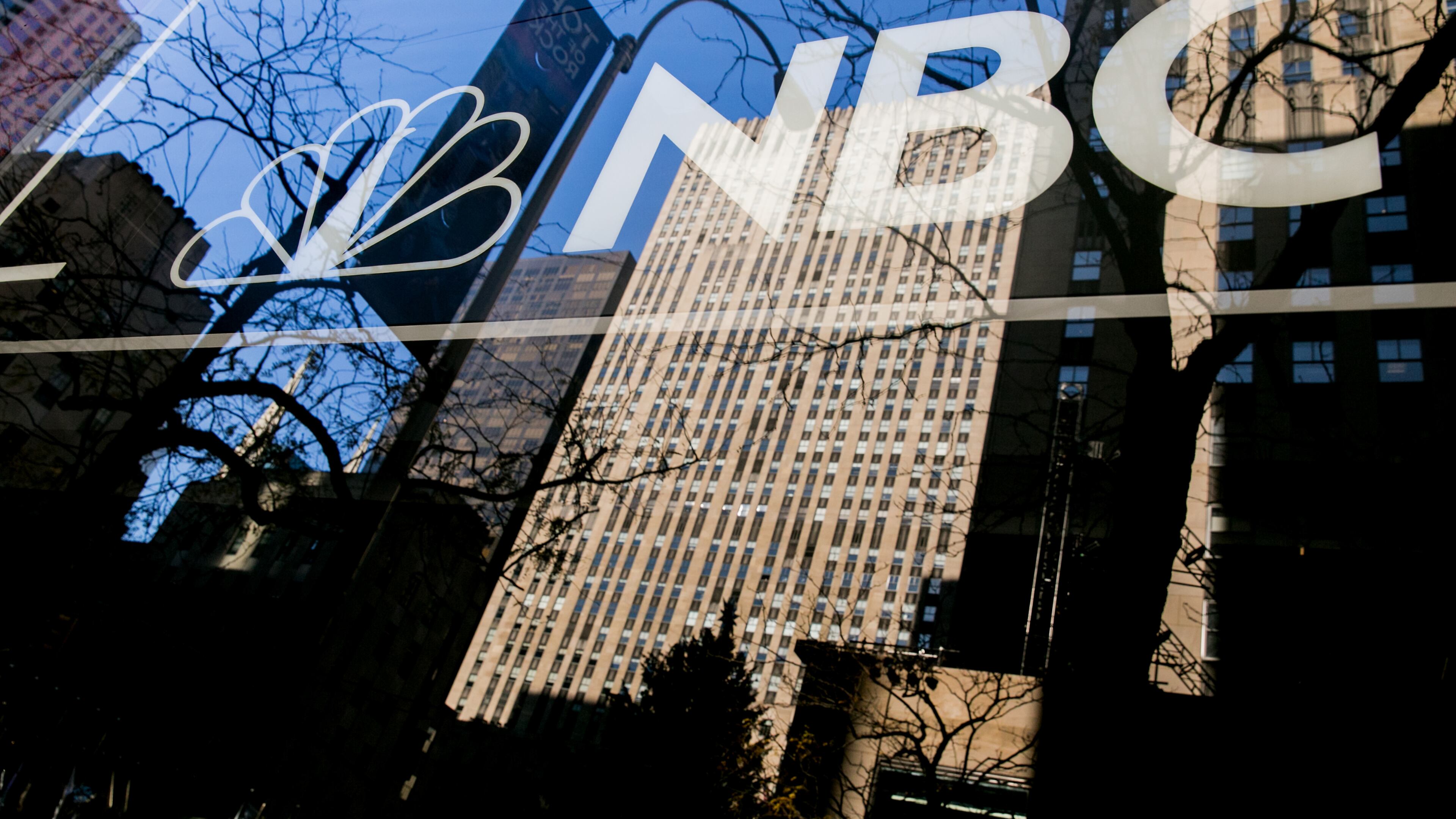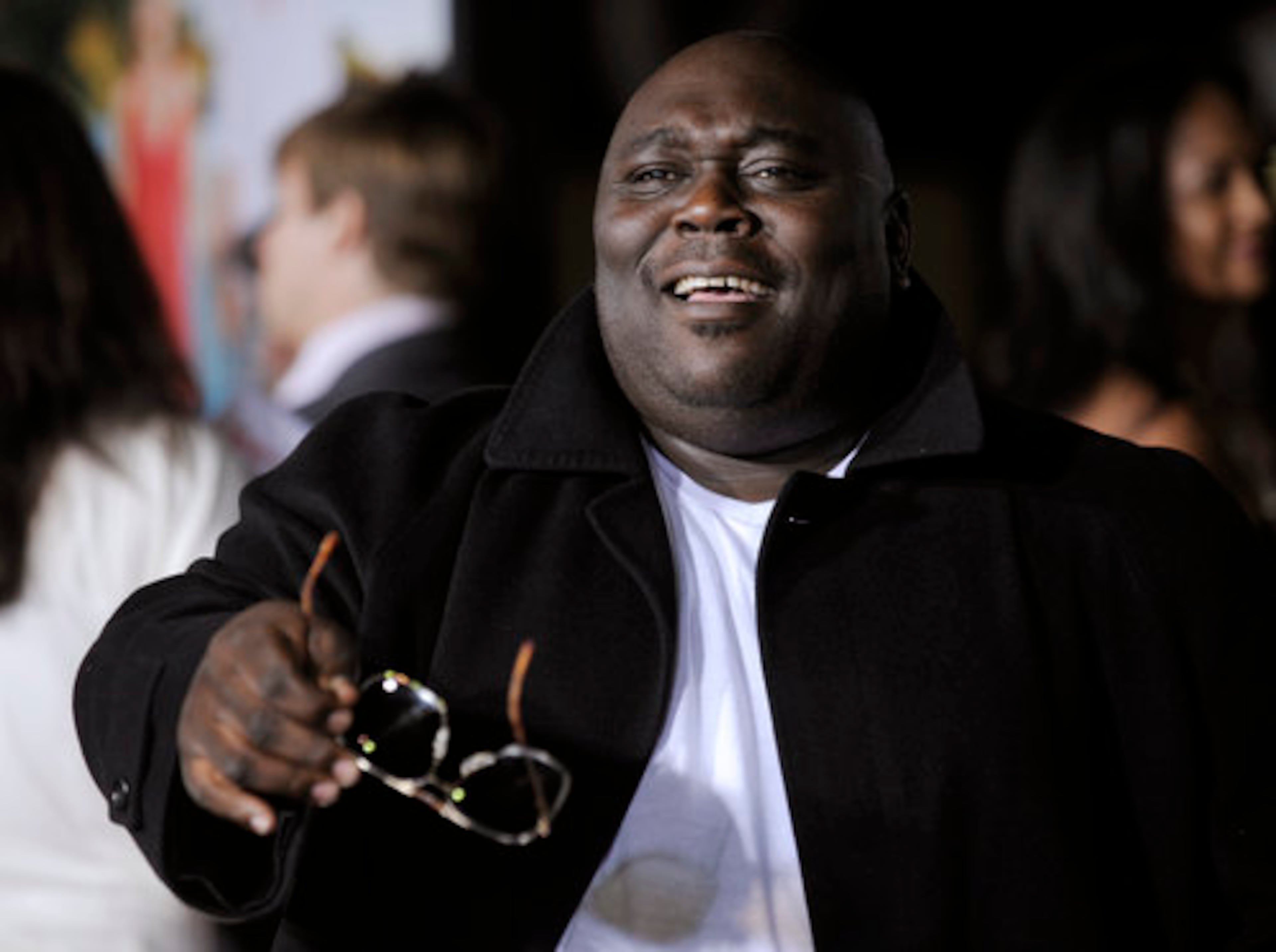NBCUniversal wants to change Georgia law to escape $500K judgment

After ignoring a woman’s attempt to collect part of a $500,000 sexual harassment judgment against Atlanta actor-comedian Faizon Love, NBCUniversal Media found itself liable for the full amount. Now, it wants to avoid the debt by changing Georgia law.
On Tuesday, attorneys for NBCU asked the Georgia Supreme Court to declare part of the state’s garnishment law unconstitutional. They said it’s not fair for NBCU to be lumped with the full judgment against Love when it had nothing to do with the related sexual harassment lawsuit brought against him by a former personal assistant.

But some of the state’s justices seemed reluctant to grant NBCU its wish, pointing out that the company squandered its earlier opportunities to escape the debt.
Justice Benjamin Land, recently appointed to the court, said NBCU would not be “in this mess” if it had responded in time to the garnishment case filed against it in Gwinnett County by the former assistant, Hevekiah Walker, in April 2024.
For seven months, NBCU ignored Walker’s attempt to garnish any residual earnings that it might pay to Love for his work in film, court records show. The company started participating in the case months too late, after it was already found liable by default, according to filings in the case.
Joshua Archer, one of NBCU’s attorneys, acknowledged Tuesday it was inexcusable for NBCU to fail to timely respond to Walker’s garnishment case. But he said the part of Georgia law that unreasonably transferred liability from Love to NBCU must be wiped out.
The fight started when Walker sued Love and his company, Assembly Robot Inc., in 2022, claiming Love sexually harassed her over five months while she worked as his personal assistant at his Gwinnett County home. NBCU said some of its subsidiaries were involved in acquiring Love’s acting services through Assembly Robot.
Attempts to contact Love, who is not involved in NBCU’s appeal, were not immediately successful Tuesday.
Neither Love nor his company responded to Walker’s complaint, and they were found liable by default, court records show. In 2023, a county judge awarded Walker $500,000 plus about $43,000 in interest and court costs.
Walker subsequently filed several garnishment lawsuits in Gwinnett County, including one against NBCU, seeking to collect what she could of the judgment against Love. NBCU was served with Walker’s garnishment case through its registered agent in Lawrenceville, court records show.
When it didn’t respond to the garnishment case, including Walker’s request for a default judgment, NBCU was found liable by default in June 2024. It was on the hook for the full amount awarded to Walker in her sexual harassment case against Love and his company.
NBCU was then given 90 days to seek to modify the $543,652 judgment against it, and it missed that deadline. In November 2024, the company began participating in the case, claiming it had just $652 in residual payments to Love that could be garnished.
When a county judge denied NBCU’s attempt to void the default judgment, the company challenged the constitutionality of Georgia’s garnishment law.
Todd Poole, a lawyer for Walker, told the state justices Tuesday that NBCU’s arguments should fail. He said it was reasonable for the company to assume liability for the debt owed to Walker as a consequence of its failure to timely respond to her garnishment case.
Several of the justices asked NBCU’s lawyers what a rational consequence would be.
Jena Lombard, an attorney for the company, declined to specify a number but said the penalty should match the severity of the situation. In case filings, NBCU argued its tardiness had little effect on Walker’s ability to collect Love’s assets.
Love settled a separate sexual harassment lawsuit brought against him in 2018 by another personal assistant, court records show. He also faces a felony assault charge in California, an NBC news affiliate reports.
In case filings, Walker said there’s nothing wrong with Georgia’s “mainstream” garnishment law, which for almost 200 years has held that a garnishee can be liable by default for an underlying judgment when it fails to timely answer a complaint.
The justices are expected to decide the case in coming months.


